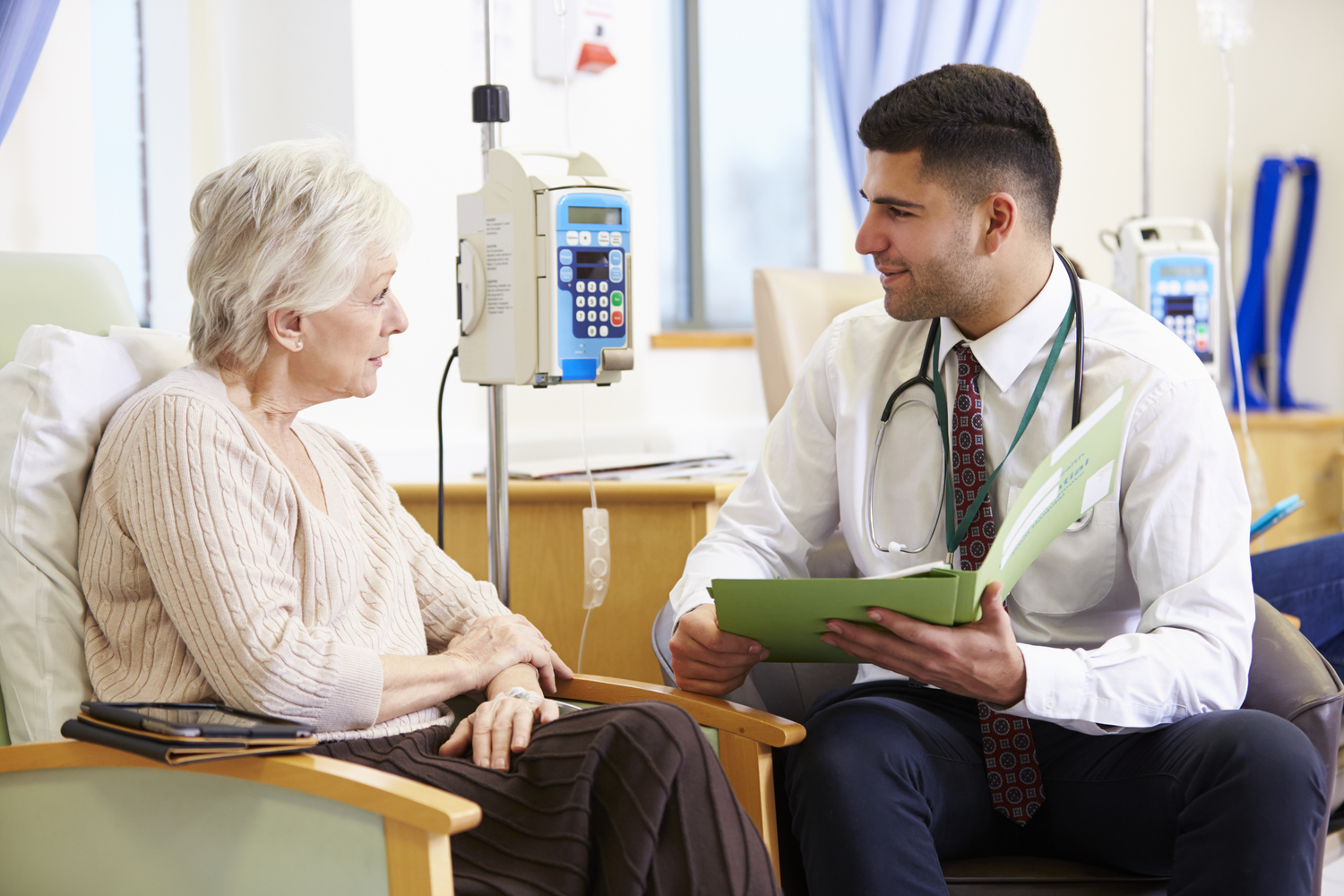
The Side Effects of Cancer Treatments
Millions of people around the world are getting diagnosed with cancer annually. It is one of the biggest life-threatening epidemics worldwide today. The common cancer treatments primarily include radiation therapy, chemotherapy, and surgery. However, all common treatments come with an array of side effects on the human body such as nausea, pain, and fatigue.
For patients, the side effects of various common cancer treatments become a way of life and they live with it. These side effects make the patient’s life uncomfortable and miserable. In certain cases, the side effects become so worse that the patient is unable to stick to the treatment schedule and the treatment becomes less effective. Below is a list of five well-known side effects of common cancer treatments.
1. Nausea
Nausea and vomiting are the most known side effects of chemotherapy. It has been observed that anti-nausea drugs provide relief to the patient to a certain extent. Further, a positive attitude of the patient helps counter it. It is also to be noted that avoiding greasy, fried, salty, or spicy food also helps to minimize the feeling of nausea.
2. Fatigue
Fatigue is one of the serious problems that more than seventy percent of cancer patients need to deal with. In most cases, the feeling of fatigue does not go away in spite of taking rest. This often interferes with daily activities of the patients.
However, cancer patients undergoing chemotherapy-based treatment can try to perform lighter work activities. This will help the patient to stay positive and enjoy a healthy life. One should keep in mind that fatigue does not mean that your cancer is getting worse. However, one needs to ensure that proper nutritional diet is maintained along with exercise as prescribed by the doctor.
3. Loss of hearing
Common cancer treatments also lead to progressive and irreversible hearing loss. This condition is primarily a result of radiation therapy and platinum-based chemotherapy. The drug used in these treatment processes sometimes damages the hair cells of the inner ear. This makes ears less responsive to sound waves. Research done during 2010 has reported that hearing loss is worst among the younger patients. This is sometimes due to the higher doses of platinum drugs. If hearing loss becomes serious, Cochlear implant is one of the preferred remedies.
4. Hair loss
By its nature, chemotherapy drugs aim to destroy all rapidly multiplying cells of the human body. Thus, it eventually destroys hair roots. Cancer patients lose their hair one to three weeks after the initial treatment. However, it is to be noted that during chemotherapy, hair usually comes back after three to ten months of treatment. Radiation therapy also causes loss of hair, but it is confined to the area where radiation is administered.
5. Diarrhoea
Certain chemotherapy drugs that are meant to treat cancers of the gastrointestinal tract tend to cause diarrhoea. It is to be noted that not all chemotherapy drugs cause diarrhoea.
To cope with diarrhoea, the patient can choose to consume foods that can be digested easily, such as applesauce, white rice, and bananas etc. Raw fruits and foods that are high in fibre can make diarrhoea worse.


